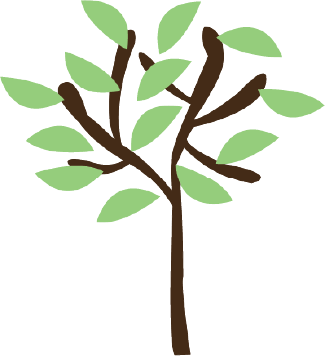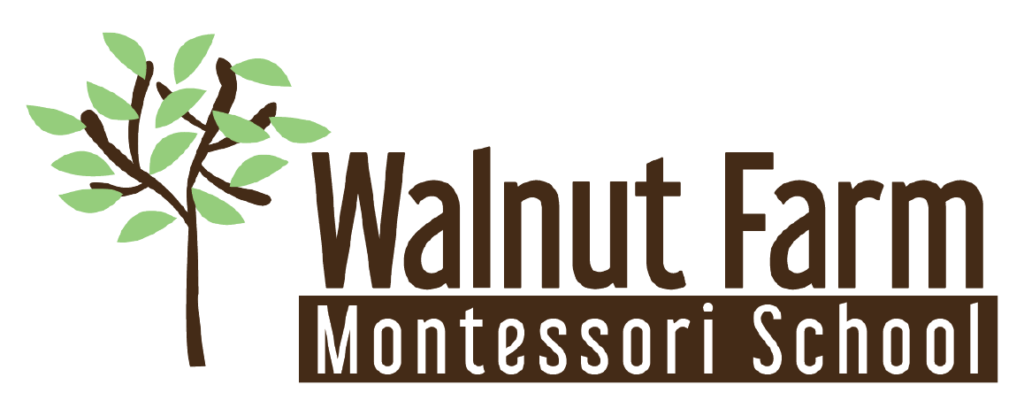Language Development in the Toddler
“If you consider this absorbent mind in relation to language, you will understand how necessary it is to put a small child among people who speak well and correctly, and who talk a great deal.” – Maria Montessori
Language and communication skills are very important milestones in early childhood. Communication allows the child to express their needs and ideas to others. Through language we are able to cooperate, collaborate, receive knowledge and pass knowledge to others.
Two ways to meet the child’s needs in this area:
Repeat new words when they are introduced (e.g., this is a spoon, a spoon)
Articulate carefully and speak slowly, at the child’s pace
In our toddler environments, we teach children songs and poems in a fun and engaging way. We encourage parents to do the same! We also constantly name objects in the environment. This is called expressive language.
Expressive language isn’t just about labeling but describing and expressing thoughts as well. It is common for young children to experience frustration because they are not able to communicate their needs and feelings. Expressive language for toddlers includes skills that toddlers need to communicate and express their thoughts, needs, and emotions.
Is your toddler able to identify emotions like anger, sadness, hunger, or happiness? Are they able to talk about why they are sad? To help with this you can “sportscast” what you are seeing. “I see you are frustrated because you would like more milk.” This will give a name to what they are feeling and help them feel understood. It is also a good idea to have your child ask for something before giving it to them.
Other language activities:
Language Cards – Have them include real photos of items in your everyday living (household objects, clothing, animals like pets or farm animals, foods like fruit and vegetables) and the child’s interests. Later use the language cards for matching activities.
Language Baskets – With real items for the child to hold, name, and become familiar with.
Use real language – including technical or scientific names, there is no need to dumb down your language but more so expand on it.
Talk to the child from birth – from birth we talk to the infant, we tell them what we are doing, what is going to happen next, this not only shows respect, it strengthens bonds and develops communication skills (listening, non-verbal communication) very early.
Imaginative play
Children who have not yet developed their expressive language skills can still understand, absorb and learn from their environment. As parents and caregivers, we need to constantly encourage their curiosity! We work to provide endless opportunities for the children to speak and practice using their new language. If they are to become masters of their language, they must gain experience using it. Once the child is able to better express themselves, their personality begins to shine.
“We must speak clearly to the child, give [them] the right words and repeat them often… In this way we can stimulate the explosion into language, which is being prepared.”
– Maria Montessori
By Kendyll Murray
Lead Teacher, Toddler B

